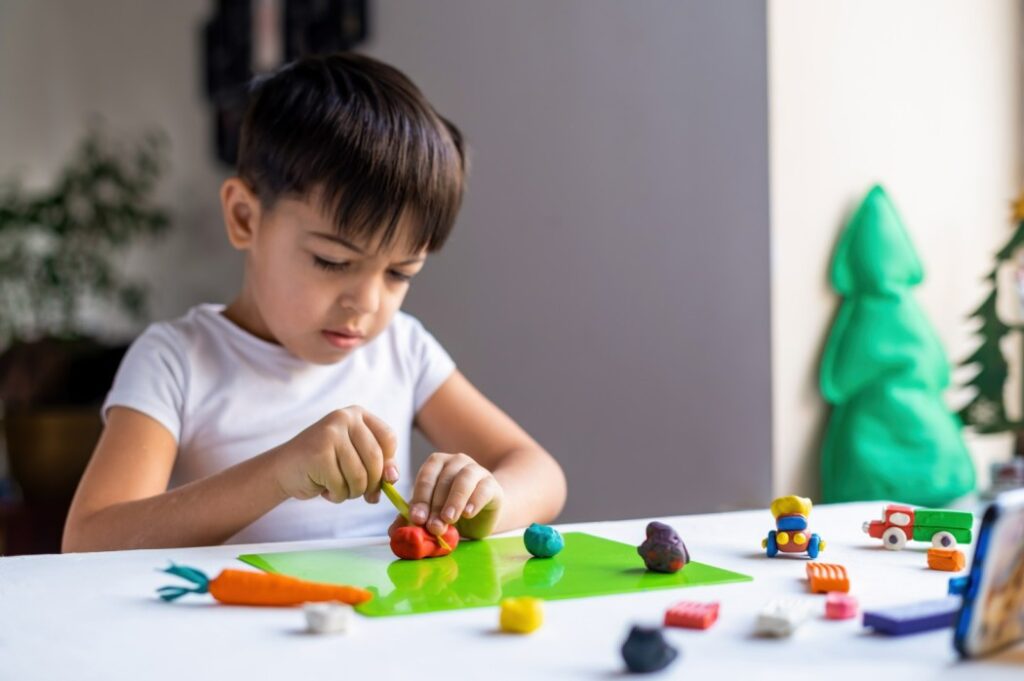How to Manage Your Child’s Failure Mindset & Help Them Succeed?
How to Manage Your Child’s Failure Mindset & Help Them Succeed?
Some of the most successful persons in the world, like Oprah Winfrey, Albert Einstein, and Steven Spielberg, have all experienced notable, infamous failures. However, they all shared the ability to view their failures as learning opportunities. As a parent, you desire for your children to be happy, successful, and self-assured. You would do everything for them, including shielding them from the discomfort of failure. It is an admirable and natural response. What if, though, a child’s failure and the accompanying negative emotions could prove beneficial in the long run?
How to Help Your Child When They Feel Like a Failure
When your child tries something new and fails, how you respond as a parent can have a huge impact on how they handle failure in the present and in the future. When interacting with their children after a perceived failure, it is essential for parents to have a growth mindset – the belief that intelligence and abilities are not fixed but may be developed through effort and persistence. According to the studies, children learn whether the failure is beneficial or negative by witnessing the attitude of their parents. For instance, “parents who routinely express anxiety and concern when their children bring home a low quiz grade may convey the assumption that intellect is largely fixed. Instead of focusing on the bad grade, parents emphasise learning to demonstrate to their children that intellect can be developed via learning and improvement.

Here are some strategies to employ the next time your youngster feels discouraged by the outcome of his or her efforts:
Confirm their determination to achieve.
First, address the immediate emotions they are experiencing. They may experience anger, sadness, or inferiority. Inform them that disappointment is common, even for adults, and that their drive to succeed is admirable. Cigna, a global health care provider, explains on their website why it’s crucial to affirm your child’s emotions:
• Assists your youngster in identifying and managing his or her emotions.
• Makes your youngster feel noticed, appreciated, and understood.
• Teach your child to accept bad emotions more readily. This can help them maintain composure and manage these emotions when they arise.
• Demonstrates to your youngster that they can confide in you with their emotions.
When you validate your child’s feelings, you give them the opportunity to process them and move on.
React positively to their defeat
Studies suggest that parents must not only adopt a growth attitude but also respond to their children accordingly. In other words, even if you believe that children may develop and improve, responding with fear, frustration, or punishment will not encourage them to believe in their ability to achieve.
Instead, respond without any unpleasant emotions. Smile, hug them if they ask, and reassure them that everything is fine. Share with them a list of successful people’s failures and how they converted them into success tales if they are in an attentive listening mood.
Prioritise effort over achievement
Instead of placing all your emphasis on your child’s final objective, emphasise their efforts. Recognise their “right to fail,” how hard they’ve worked, and their courage for even attempting. This strategy helps children focus on their interests and the enjoyment that can be had from attempting. In the end, when it comes to trying anything new, the trip is more important than the goal.

Assist them in determining what they can learn
Ask them, “What could you try differently the next time?” When your child identifies what could be altered or modified about their approach, they will be able to realise that their failure was a product of how they approached their goal and not a result of a defect in their character. If their next attempt is unsuccessful, facilitate a brainstorming session and ask them questions that will pique their interest in their own process.
• What strategies have others employed to accomplish the same objective?
• What’s not operating properly?
• What has worked successfully thus far?
• What insights have you gained thus far?
It is essential to teach children both how to win and how to lose. Failure may be a difficult and even painful experience. However, failure teaches children how to correct their course, think critically, and develop resilience. If your youngster perseveres and tries, again and again, they will develop and become more skilled.
In a school setting, it is crucial that students have teachers that understand the growth mentality and can provide positive reinforcement when failures occur. As the most student preferred and best CBSE school in Odisha, Teachers at ODM promote learning with the premise that children can progress and gain confidence even after experiencing “failure.” We understand the growth mindset required for a successful student career.

